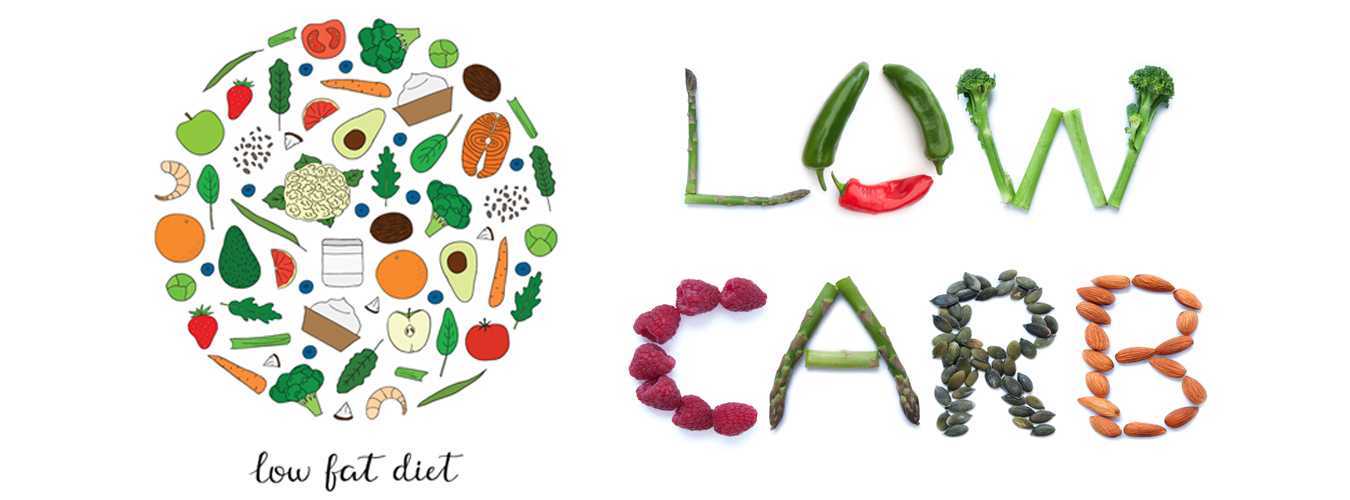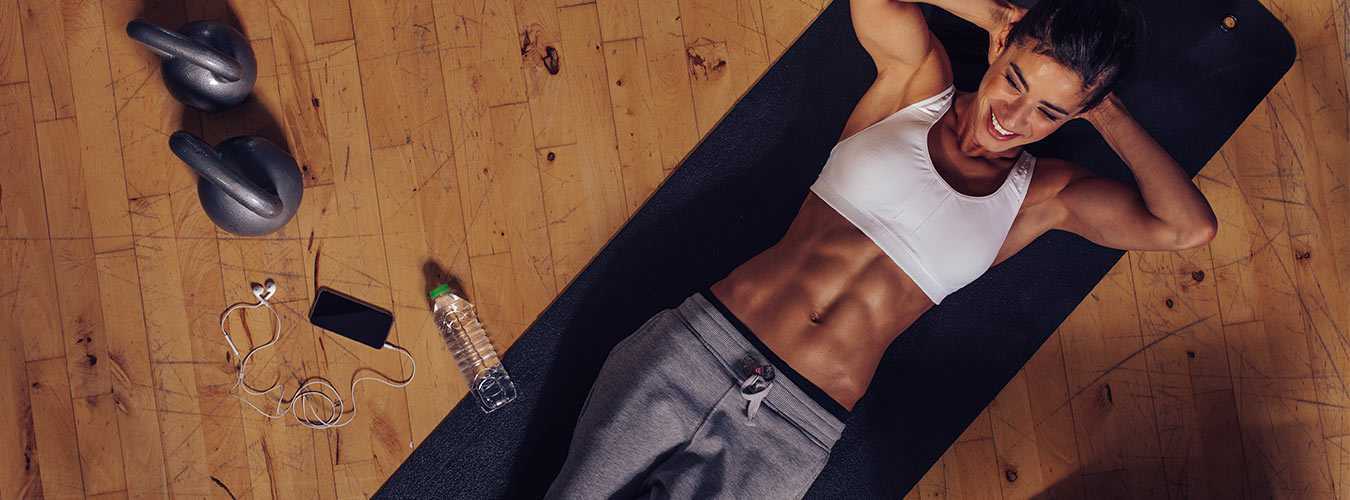Is Fasted Cardio The Best for Burning Fat
2 May 2023
To look ripped you need to accelerate fat burn. Know is fasted cardo the best for burning fat?
The normal routine of fasted cardio goes like waking up and jumping on the treadmill or exercise bike, before you grab a bite, in the hope that you’ll weigh lighter sooner? If your routine goes like this, your beliefs on fasted cardio results have found support from a recent UK study published in the “British Journal of Nutrition”. The study has found that subjects burned 20 percent more fat in a fasted state than when they had a meal beforehand. Fasted cardio the frequently talked about subject in fitness is subject to debate. Like several concepts in fitness, there are no clear-cut answers. MuscleBlaze puts together facts on fasted cardio to enable you to make an informed decision.
UNDERSTANDING FASTED CARDIO
Should you do fasted cardio to accelerate fat burn, or you risk losing hard-earned muscles? In order to understand fasted cardio, the staple of bodybuilders to grow lean, you need to know about the role of insulin in fat metabolism. Research studies point that higher insulin levels suppress fat metabolism. Your insulin levels drop in the morning, without food. Therefore, starting your day with a morning jog is a good way to activate fat metabolism.
WHY SHOULD YOU DO FASTED CARDIO: THE GOOD ASPECT
During sleep, your body conserves the carb stores, as glucose is the primary fuel for your brain and begins to burn fat and even some muscle protein for fuel. The good aspect of fasted cardio is that it after an overnight fast your body is forced to burn fat and amino acids for fuel. Unlike glycogen, the preferred source of fuel for rigorous workouts, fat and amino acids are an inefficient source of energy. Your workout on an empty stomach will lack the bang and you are at risk of losing muscle mass, which deters many to do cardio immediately after waking up. In order to do fasted cardio without losing the muscle mass, you should have a quick-acting protein source like a whey shake and slow-digesting protein like casein, found in cottage cheese, post-workout to nourish the muscle tissues.
HOW TO LOSE FAT FASTER WITH FASTED CARDIO
A moderate session of cardio on an empty stomach forms the mainstay of fasted cardio. Research studies show that fasted cardio burns more body fat during a workout, but the post-workout fat burn is highly compromised.
In order to lose fat faster, especially from hard-to-lose zones, HIIT workout or High-Intensity Interval Training proves to be better than the monotonous cardio session of fasted cardio. More recently, a study published in the Journal of Obesity highlights that 12 weeks of HIIT workout substantially reduced body fat, specifically from the abdomen and increased muscle mass.
MYTHS ON FASTED CARDIO
One of the biggest myths on fasted cardio is that it leads to muscle catabolism. It takes around 12-16 hours for your body to deplete the glycogen level totally. Usually, there is a gap of 10 to 11 hours between the time of the dinner and morning gym session for the proponents of fasted cardio. Since the time lag is not more than 12 hours, there are glycogen traces in your body. In the presence of glycogen, your body will not access fat for fuel, rather catabolize muscle cells to convert amino acids to glucose for energy, which doubles your muscle protein breakdown.
HOW TO DO FASTED CARDIO?
Jim Stoppani, the most trusted name in muscle kinesiology recommends that the fasted cardio is for men who have body fat in the low single digits (5-6 percent) and females with body fat in (13-14 percent) to get rid of stubborn fat in specific areas like lower back or thighs.
Unless you are heavily into bodybuilding and have built ample muscle reserves and are keen to cut fat from specific regions, fasted cardio is not the way to go for most fitness enthusiasts.
It is recommended that you take at least 5 to 10 grams of branched-chain amino acids (BCAAs) or a scoop of whey protein powder before the cardio workout to help your body use efficient energy sources to power your workout. This will also help reduce the chance of lean muscle mass loss.








 100% Safe & Secure payments:
100% Safe & Secure payments:




